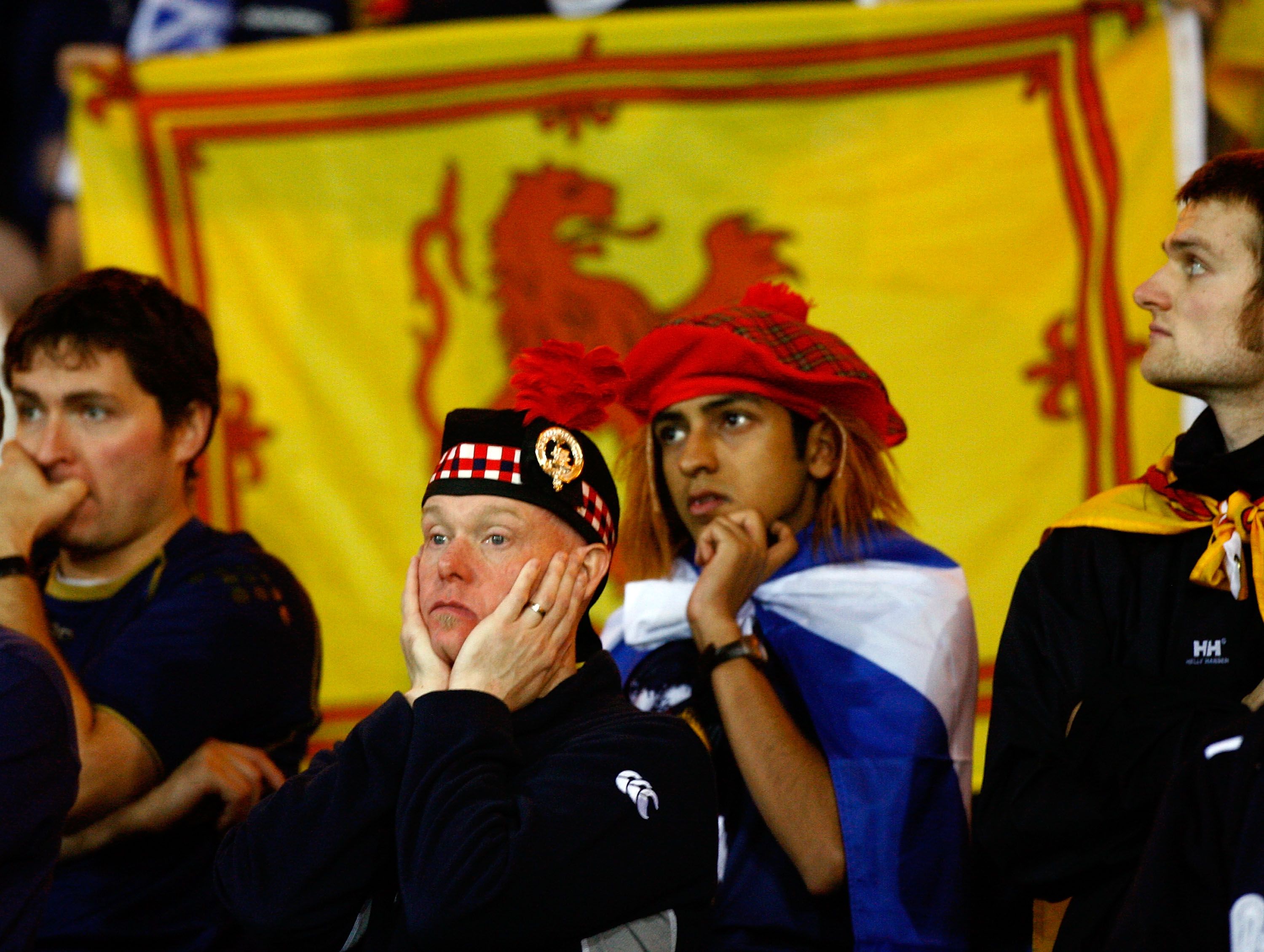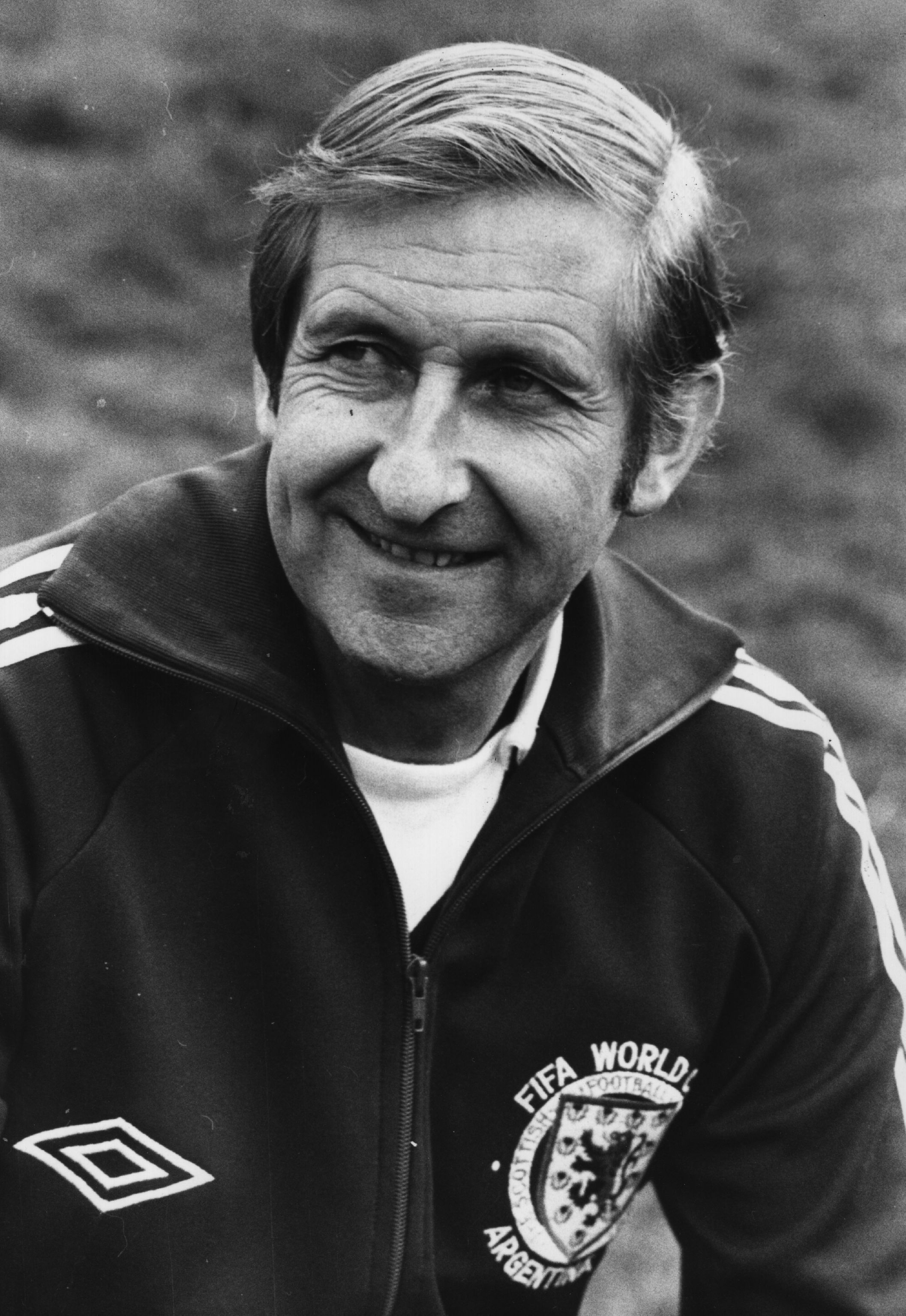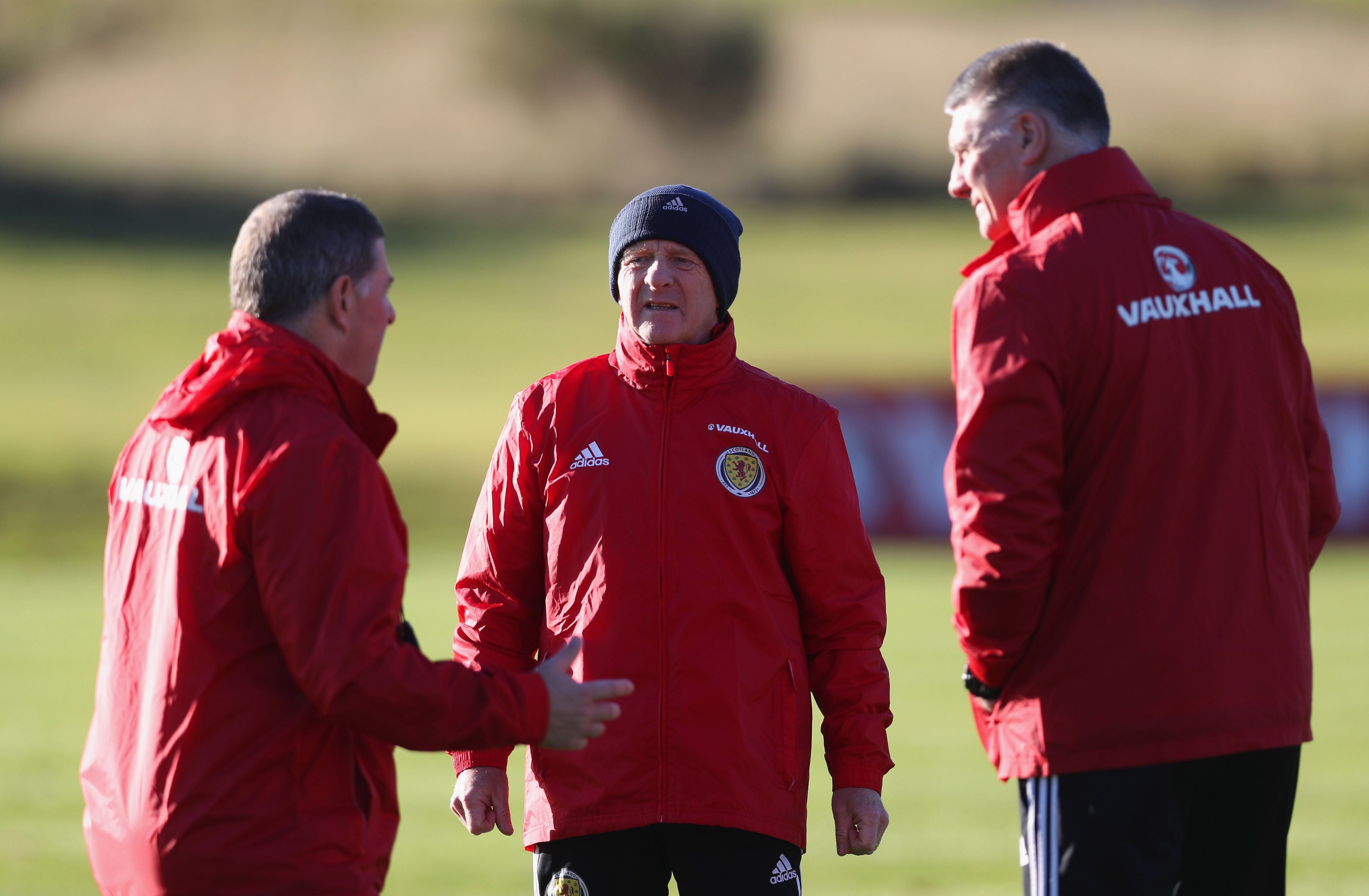

Share
11th November 2016
09:50am GMT

The commentator announced to an understanding audience that he was experiencing a “feeling of great excitement tempered by enormous anxiety”.
This was the credo on which Scotland’s success and failure was built. On that day, long after the golden age had ended, enormous anxiety came out on top as Italy scored a winning goal in injury-time.

Now all that is left is the enormous anxiety, the existential despair about the decline of the Scottish footballer, the lament for the days when, if Scotland didn’t quite rule the world, they felt that inevitable conquest was just around the corner.
The lack of interest in Scotland’s game against England at Wembley on Friday may be down to the diminished status of international football as well as the decline of Scotland and Scottish footballers.
Victory, of course, would be transformative, for the career of Gordon Strachan anyway, even if Scottish football is unlikely to reach a point in the near future where a successor to Ally MacLeod is standing at the door of the plane promising that when he returns, it will be with the World Cup.

MacLeod made that promise in 1978. "You can mark down 25th June, 1978 as the day Scottish football conquers the world,” MacLeod said as Scotland left for Argentina.
He was highlighting the day of the World Cup final, naturally, although by the time the day came, Scotland had, once again, experienced the great excitement and enormous anxiety that became their close companions whenever they qualified for a major tournament.
MacLeod tried to ignore the aspect of the Scottish character - maybe the Celtic character - which can be defined as containing a big ego, but low self-esteem. Scotland in the 1970s had a squad of astonishing talent but a temperament which accepted that the worst could happen at any time. In ignoring the low self-esteem, MacLeod may only have made things worse.
MacLeod’s career had been built on an endless positivity which may have been modelled on Bill Shankly’s style of management, even if it lacked the judgement Shankly brought to these matters.
Ahead of a game against Brazil in 1977, MacLeod anticipated the game in his customary way. ”Brazil are the number one team in the world. but we're pretty good too. We're looking forward to playing them on their own ground and beating them. I've told the lads this is a rehearsal for next year's World Cup final.” Scotland lost 2-0.
When he was manager of Ayr United, it was said he once went through the fixture list at the start of the season, predicting victory after victory for his side. He hesitated when he got to Rangers’ visit. Eventually he declared Ayr United would win that too at which point his assistant pointed out that Rangers were the defending champions. “Champions or no,” MacLeod replied, “they won’t relish coming to the home of the unbeaten league leaders.”
But Scottish football was once full of men who had a lot to be optimistic about, even if they didn't always have to be as optimistic as MacLeod.
MacLeod took over from Willie Ormond as Scotland manager in 1977. Ormond had taken Scotland unbeaten through the previous World Cup in Germany, but they still went out in the group stage, undone by a 2-0 victory over Zaire while Yugoslavia beat the African side 9-0 and Brazil scored three.

This may have been Ormond’s greatest achievement, but he will always be remembered for being in charge during the Largs Boat Incident earlier that summer.
Scotland had beaten Wales in the Home Championship and the squad returned to their base in Largs where Ormond allowed them to go to a local hotel for a few quiet drinks. They drank quietly there and left, according to Sandy Jardine, “in the morning”. It was 4.30 or 5am and, Jardine said, “nobody was wildly drunk” when Jimmy Johnstone clambered into a boat along the seafront.
Jardine gave it a push with his foot and the boat drifted out to sea. Johnstone was laughing, joking and singing. “He loved singing,” as Jardine recalled and even after he had discovered that the boat had no rowlocks to hold the oars he kept singing as he drifted out to sea. Eventually he was rescued by the coastguard after an attempt to rescue him by a couple of team-mates inevitably failed when their boat started sinking.
There was something of a furore, but a few days later Johnstone starred in a victory over England after which he gave the fingers to the press box.
In those days, Scotland could expect to break free from the bleakness of everyday existence or even the bleak aftermath of an extraordinary night on a boat by playing some glorious football, by beating England when beating England mattered.
In later years, they could enjoy a drink at the right time, drink until the morning without being "wildly drunk", but they could never summon the brilliance than men like Jimmy Johnstone effortlessly supplied.
Of course, it didn’t free them from the enormous anxieties because when they were good, when they were on the brink of ruling the world, there was always the fear of what could go wrong, of how they would self-destruct when on the brink of global domination.

MacLeod, perhaps sensing these great anxieties, tried to overcome them by never having a moment's doubt. When he was asked what he would do if Scotland won the World Cup, he replied ‘retain it’.
There were reasons for this belief. Against Netherlands in the game Scotland would win 3-2, MacLeod could send out a team with Graeme Souness, Kenny Dalglish, Joe Jordan and Archie Gemmill.
https://www.youtube.com/watch?v=eyJTBrbPIHQBy then, of course, Scotland were facing a near-impossible task, but that allowed them to nearly do the impossible. Now, they have the anxieties and nothing else.
The Scottish football has disappeared from view in England, squeezed like the Irish footballer, by the global market where the Premier League now shops.
Scotland's European Championship campaign fell apart following a defeat in Georgia last September. Their journey home was delayed when their chartered plane failed to show up in time. There was an age when all of this would have been the prelude to another heroic victory, but instead Gordon Strachan's side lost to Germany and drew with Poland to finish fourth, having been in second place the previous June.

There was something familiar in that, something that connected with the great Scottish failures, but Strachan looks like he has reached the end, unless something remarkable happens.
There was a time when they could anticipate that too, but that time is gone.
There are still some parallels with history if Strachan has to leave his position soon.
When Ally MacLeod returned from Argentina earlier than he had planned and without the World Cup, the story goes that he reached out to stroke a dog he described as "the only friend I've got". The dog clearly understood how this story had to end. The dog is said to have bit him.
Explore more on these topics: